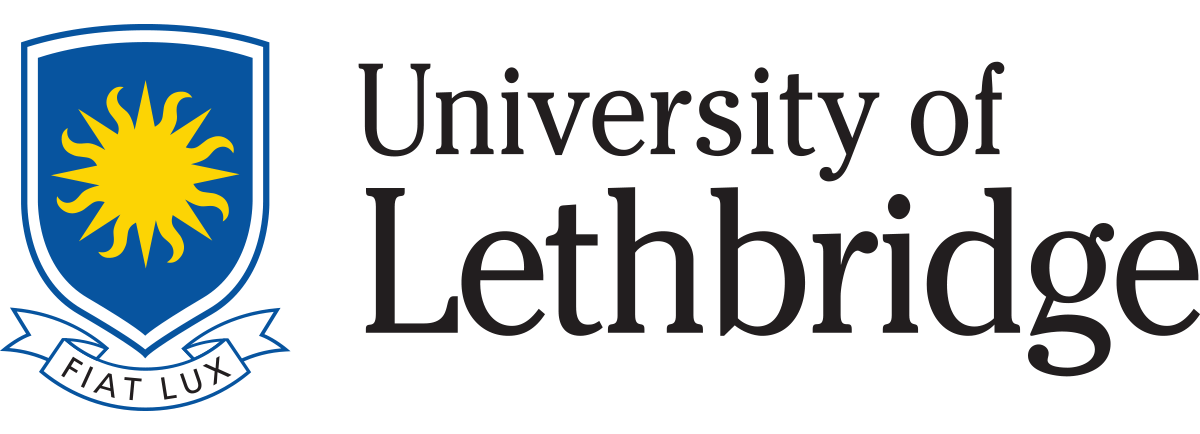Citation:
Abstract:
Parental care is an energetically demanding activity that ensures genes are efficiently passed from one generation to the next. According to evolutionary theory, the greatest energetic investment should be directed towards offspring that are most closely related to the parent. Male fathead minnows, Pimephales promelas, provide this parental investment to developing embryos but not newly hatched larvae. Therefore, selection should favour recognition of embryonic kin to ensure energetic expenditure is optimally invested. In this study, adult male fathead minnows were tested using behavioural assays, with egg cannibalism as an endpoint, to determine whether adult males could discriminate between related and unrelated embryos. Egg cannibalism was highest when adult male fathead minnows were presented with unrelated eggs, and lowest when presented with eggs fertilized by the test subject (related eggs). The degree of cannibalism was also a function of breeding status. Unrelated males in breeding condition showed an intermediate response between the low cannibalism demonstrated by related males, and the high cannibalism demonstrated by unrelated males in a non-breeding condition. These results suggest that although male fathead minnows can discriminate between unrelated and related embryos, at least some component of parental investment is a simple function of breeding status.
Notes:
Online access only.


